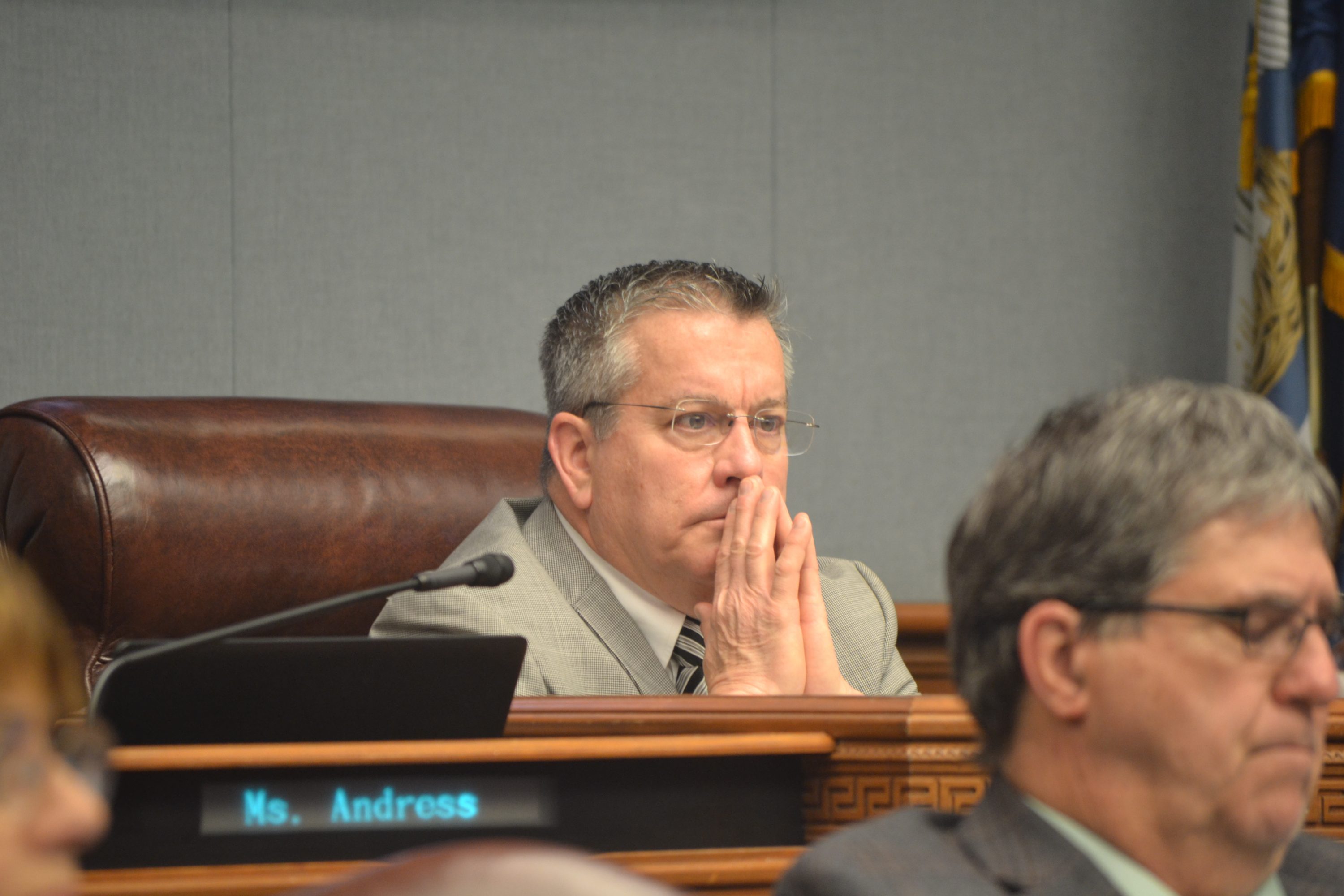
Man drowns in Grand Isle after saving step-grandson from waters
June 11, 2020
Good Samaritan Food Bank partners with non-profit organizations to host drive-thru food box distribution
June 11, 2020By Catherine Hunt, LSU Manship School News Service
BATON ROUGE–A House committee unanimously supported a bill Thursday that would let state universities continue to increase student fees at a time when they are facing tens of millions of dollars in cuts in state support and in costs from the COVID-19 shutdown.
The bill, by Rep. Jerome “Zee” Zeringue, R-Houma, attempts to mitigate those impacts while also considering student concerns about rising fees.
The House passed another version of his bill last month, but the Senate surprisingly failed to act on it before the regular session ended June 1.
Zeringue’s original bill would have allowed colleges and universities to set their own fee levels until 2023. He adjusted it so that the ability to do so ends at the end of the 2021 school year.
Some legislators worried that families would be negatively impacted by rising fees during a pandemic, which has caused over 300,000 Louisianans to file for unemployment.
Despite a projected drop in tax revenues, the Legislature has largely been able to avoid major cuts in much of the state budget for the next fiscal year, which starts July 1, by relying on roughly $1 billion in federal aid related to the pandemic.
But lawmakers are planning to cut the higher education budget by at least $21 million, even as they move to suspend various taxes and fees to help businesses at a significant cost in lost tax revenues for the state.
Several university leaders supported Zeringue’s bill at a hearing Thursday. They said they are still trying to determine how to handle virus-related costs that far exceed what they are receiving under the federal Coronavirus Aid, Relief, and Economic Security, or CARES, Act.
The federal funds for each school were determined by the percentage of students receiving Pell Grants who were not enrolled in online classes before the virus forced students to switch to online classes exclusively. Half of the funds provided under the act must be allocated to students.
LSU Interim President Tom Galligan said LSU has lost about $43.4 million since mid-March, when most schools decided to send students home for the semester. The LSU system has only received about $27 million in federal money.
The Southern University System has faced about $4 million in losses related to the virus in the past few months, said Dr. Ray Belton, system president and chancellor, and he expects a loss of about $71 million in the next fiscal year. His system received about $39 million in relief money, he said.
The University of Louisiana System, which consists of nine schools, is projecting to lose $121 million in revenue next year because of the virus, said Jim Henderson, system president. The system received about $65 million in federal funds.
Technical and community colleges faced losses of about $3 million during the current fiscal year and expect to lose about $9 million in the next year, said Monty Sullivan, President of the Louisiana Community and Technical College System. They received about $41.3 million in federal funds.
“CARES Act funding is one-time money,” he said. “We have to acknowledge that the CARES Act money is buying us one thing: time.”
The switch to online classes cost schools millions, and some refunded students for housing and food costs, further hurting their funds.
During a freeze in state aid in 2018, LSU raised student fees about $282 a student, for a total of about $17 million, according to a report from The Advocate.
Before the virus hit, Gov. John Bel Edwards had proposed increasing state support for higher education by $25 million next year.
“As we were coming into this session, we had some really high hopes for higher education with the budget,” said Sen. Ronnie Johns, R-Lake Charles. “Then COVID hit and we’re back to square one.”
If approved by the Senate and Edwards, Zeringue’s bill would take effect immediately in order to give schools flexibility before classes start in August.
Also in the House, another committee approved a bill that would set an 8% tax rate for fantasy sports betting in the parishes that legalized fantasy sports betting in 2018.
The bill by Rep. John Stefanski, R-Crowley, set the tax rate for a bill that allowed voters to decide whether their parish should allow fantasy sports betting. Forty-seven parishes voted to legalize it. Edwards signed a bill by Rep. Tanner Magee, R-Houma, into law Thursday that outlines the rules and regulations for the betting.
The money from the tax would go to early childhood education, but Stefanski said he does not expect the state to make a significant amount of money from it. Louisiana could collect about $375,000 from the tax, according to the Associated Press.
Photo caption: Rep. Jerome “Zee” Zeringue, R-Houma, proposed letting state universities raise fees for another year to make up for losses in funding.
Photo credit: Elizabeth Garner/LSU Manship School News Service










